I went on a date with my wife last week.
Not like that new movie, Date Night, which looks horrible, but at 1 p.m., when we have a babysitter. Anything later than that is too tiring to contemplate.
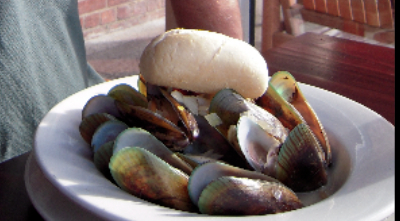 Being in Kansas, I ordered the mussels from Prince Edward Island (that’s in Canada) and the featured white wine from Australia, which, to our ultimate surprise, cost $15 a glass. The extent to which restaurants will go to rip people off, especially in a crappy economy, apparently knows no bounds. I take responsibility, but won’t be going back.
Being in Kansas, I ordered the mussels from Prince Edward Island (that’s in Canada) and the featured white wine from Australia, which, to our ultimate surprise, cost $15 a glass. The extent to which restaurants will go to rip people off, especially in a crappy economy, apparently knows no bounds. I take responsibility, but won’t be going back.
I’m also not alone.
The Washington Post reported yesterday that the expensive "sheep’s milk" cheese in a Manhattan market was really made from cow’s milk. And a jar of "Sturgeon caviar" was, in fact, Mississippi paddlefish.
Some honey makers dilute their honey with sugar beets or corn syrup, their competitors say, but still market it as 100 percent pure at a premium price.
And last year, a Fairfax man was convicted of selling 10 million pounds of cheap, frozen catfish fillets from Vietnam as much more expensive grouper, red snapper and flounder. The fish was bought by national chain retailers, wholesalers and food service companies, and ended up on dinner plates across the country.
"Food fraud" has been documented in fruit juice, olive oil, spices, vinegar, wine, spirits and maple syrup, and appears to pose a significant problem in the seafood industry. Victims range from the shopper at the local supermarket to multimillion companies, including E&J Gallo and Heinz USA.
Such deception has been happening since Roman times, but it is getting new attention as more products are imported and a tight economy heightens competition. And the U.S. food industry says federal regulators are not doing enough to combat it.
 Davao City.
Davao City.
 want to go back and revisit that, and determine if that’s the best way to go about it. There doesn’t seem to be any sort of plan."
want to go back and revisit that, and determine if that’s the best way to go about it. There doesn’t seem to be any sort of plan." Tweeting about the overseas illness, Miss Moore wrote, "Food poisoning is the worst. It will be a long time before I can even look at a piece of fish."
Tweeting about the overseas illness, Miss Moore wrote, "Food poisoning is the worst. It will be a long time before I can even look at a piece of fish." and if they smelled okay, we re-wrapped them and put a new best-before date, extending usually by about five days. When we were told to change the best-before dates, I stopped buying any meat products from the Real Canadian Superstore."
and if they smelled okay, we re-wrapped them and put a new best-before date, extending usually by about five days. When we were told to change the best-before dates, I stopped buying any meat products from the Real Canadian Superstore."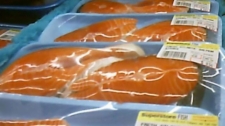 Dec. 5, but when it was re-wrapped, the new best-before date was Dec. 9.
Dec. 5, but when it was re-wrapped, the new best-before date was Dec. 9..jpg) best-before dates are maintained. We have reinforced this policy with the pertinent store…. We apologize if there is any concern on the part of our customers."
best-before dates are maintained. We have reinforced this policy with the pertinent store…. We apologize if there is any concern on the part of our customers."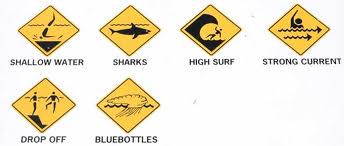 them about high bacteria levels in shellfish.
them about high bacteria levels in shellfish.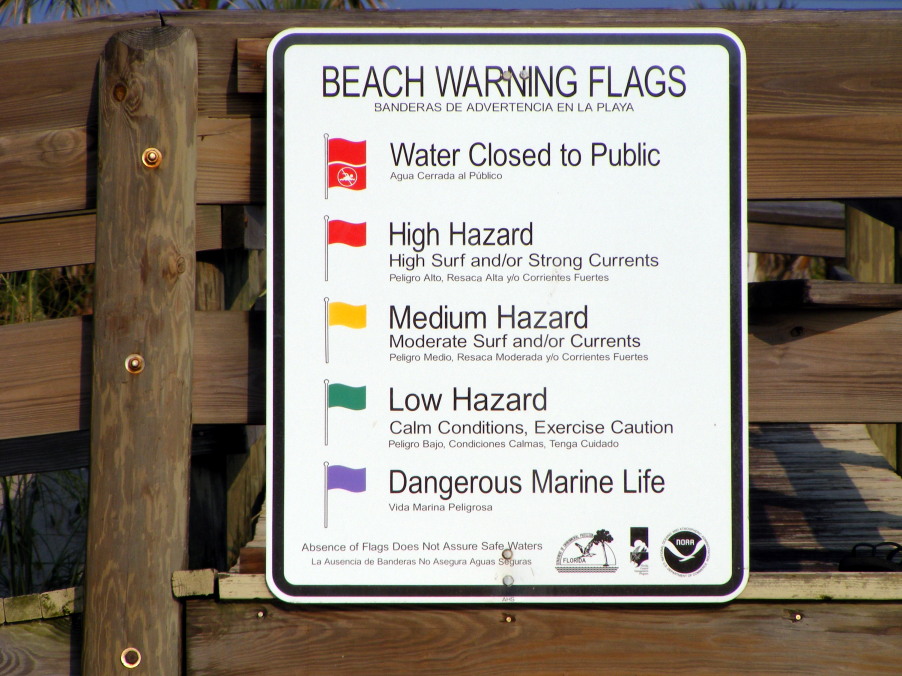 The P.E.I. Shellfish Association suggests putting yellow warning flags in the water when there’s a possible closure and a red one when the fishery is shut down.
The P.E.I. Shellfish Association suggests putting yellow warning flags in the water when there’s a possible closure and a red one when the fishery is shut down. fish for dinner.”
fish for dinner.”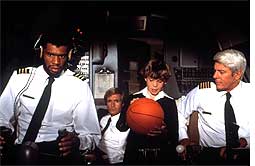 Hour!,” a glum thriller from 1957 about an imperiled aircraft that set the template for the next half-century’s worth of disaster pictures.
Hour!,” a glum thriller from 1957 about an imperiled aircraft that set the template for the next half-century’s worth of disaster pictures. Being in Kansas, I ordered the mussels from Prince Edward Island (that’s in Canada) and the featured white wine from Australia, which, to our ultimate surprise, cost $15 a glass. The extent to which restaurants will go to rip people off, especially in a crappy economy, apparently knows no bounds. I take responsibility, but won’t be going back.
Being in Kansas, I ordered the mussels from Prince Edward Island (that’s in Canada) and the featured white wine from Australia, which, to our ultimate surprise, cost $15 a glass. The extent to which restaurants will go to rip people off, especially in a crappy economy, apparently knows no bounds. I take responsibility, but won’t be going back. The same day,
The same day,  The story goes on to say, and I’m not making this up, the tagline for the iconic Captain High Liner, a seafarer who introduces a young boy to frozen fish in the company’s ads, would likely be stuck in the collective conscious of a generation of Canadians now approaching middle age.
The story goes on to say, and I’m not making this up, the tagline for the iconic Captain High Liner, a seafarer who introduces a young boy to frozen fish in the company’s ads, would likely be stuck in the collective conscious of a generation of Canadians now approaching middle age.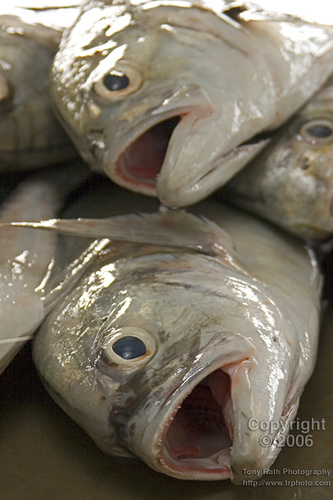 Of course it does, we’re at least 20 hours from any major body of water.
Of course it does, we’re at least 20 hours from any major body of water.